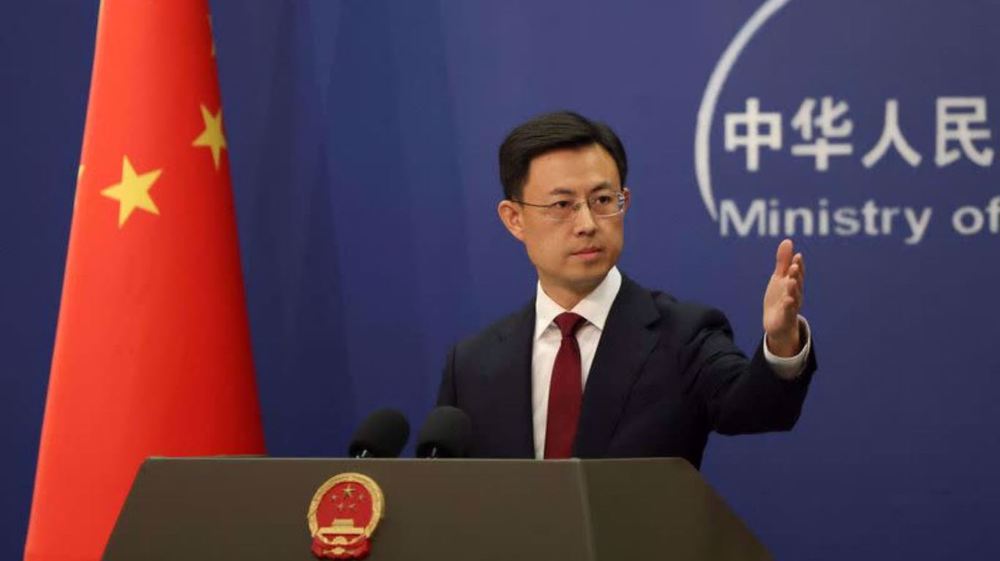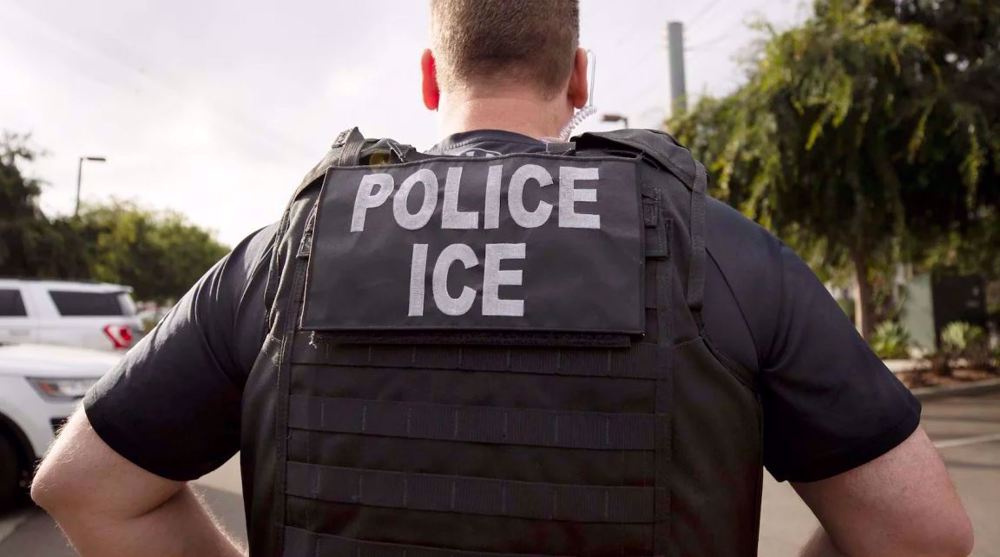Venezuelans vote for constitutional super-body, opposition boycotts election
People in Venezuela are casting their ballot in a controversial election to elect a 545-seat Constituent Assembly, which will be capable of rewriting the country’s constitution and dissolving the current opposition-led legislature, as the South American nation has been the scene of months of anti-government protests, often with violent clashes with police, over a persistent economic crisis.
Polls opened in Venezuela on Sunday and legitimate voters lined up to cast their ballot at polling stations across the oil-rich country, as critics and the opponents of beleaguered President Nicolas Maduro have boycotted the “rigged election”, arguing that the new legislative body will give the socialist leader a stranglehold on power and new powers to ruling Socialist Party officials.
The vote has also been fiercely opposed by months of deadly street protests and it has been criticized internationally. The government, however, says the assembly is the sole way to restore peace in the country after months of violent demonstrations.

The state television showed Maduro as he was casting his ballot in west Caracas polling station in the opening hour of the voting. “I'm the first voter in the country. I ask God for His blessings so the people can freely exercise their democratic right to vote,” he said, accompanied by his wife, Cilia Flores, who is a candidate to sit on the new assembly.
Maduro also predicted a “big victory”, describing the vote as “the most important election held in Venezuela's political system.”
On the eve of the election, however, anti-government demonstrators blocked roads in the capital in defiance of a ban on protest rallies, raising the prospect of violent clashes with security forces in coming days.

Voters are to choose 545 members of the assembly from over 6,100 candidates representing a broad array of Socialist Party allies, but none are from the opposition. The new assembly is scheduled to sit within 72 hours after results were officially certified.
It is expected, as the government leaders have already hinted, that the new assembly will swiftly take measures against Chief Prosecutor Luisa Ortega, who has openly criticized the election, as well as the opposition-majority congress.
Recent surveys by the Datanalisis polling firm revealed that over 70 percent of Venezuelans opposed Maduro’s proposal of the new assembly to rewrite the 1999 constitution, and 80 percent reject Maduro's leadership altogether.

The United States, the European Union and Latin American powers, including Argentina, Brazil, Colombia and Mexico, have come out against the vote, saying it would ruin Venezuelan democracy.
Washington has slapped economic sanctions on current or former Venezuelan officials over the plan for rewriting the constitution. It has said it is readying tougher measures against anyone supporting the Venezuelan president.
Maduro has repeatedly blamed the crisis on the United States, saying Washington has incited the opposition.

Unrest in Venezuela, plagued by a political crisis with soaring inflation and daily food shortages, was aggravated in early April after the Supreme Court decided to annul the powers of the opposition-controlled parliament. The move was regarded as a violation of the country’s constitution. The decision was later revoked, but protests have only continued.
Clashes between security forces and anti-government protesters have left over 100 people dead and more than 1,300 wounded.

China condemns US decision to punish Venezuelan oil importers

532,000 migrants face deportation after Trump revokes protections

'Brazen theft': Venezuela raps US seizure of plane after high-level talks
VIDEO | Gaza’s dire conditions hit unprecedented levels
VIDEO | Press TV's news headlines
VIDEO | Pakistan’s business and cultural front unites for Gaza: Nationwide shutdown, boycott announced
US jets carry out more aggression against Yemen
Syrian militants enslaving Alawite women in Idlib governorate: Report
VIDEO | US pro-Palestinian campus protest
VIDEO | Palestinian civil defense rejects Israel’s probe and exposes the crime
India downgrades ties with Pakistan after deadly Kashmir attack










 This makes it easy to access the Press TV website
This makes it easy to access the Press TV website